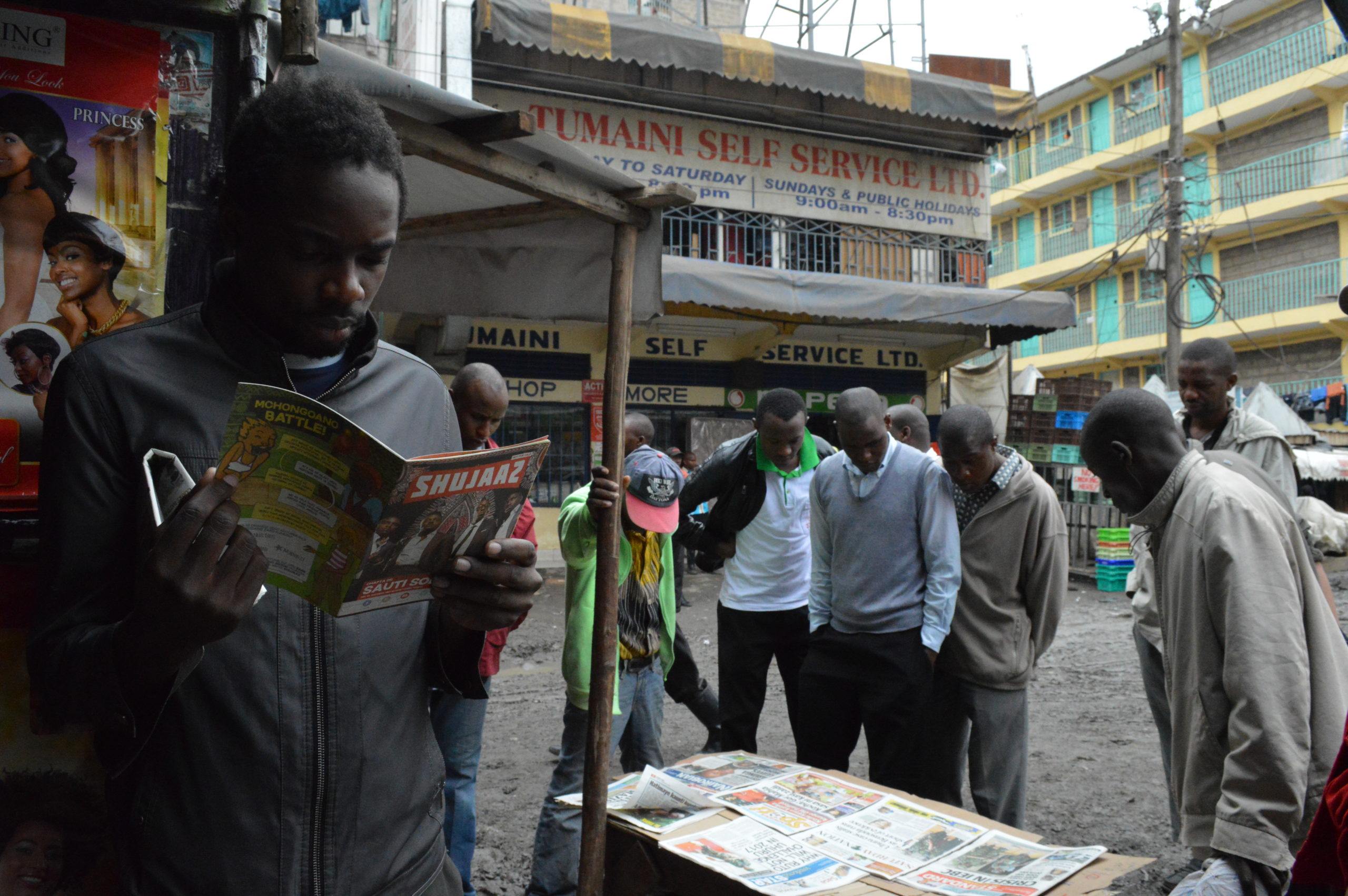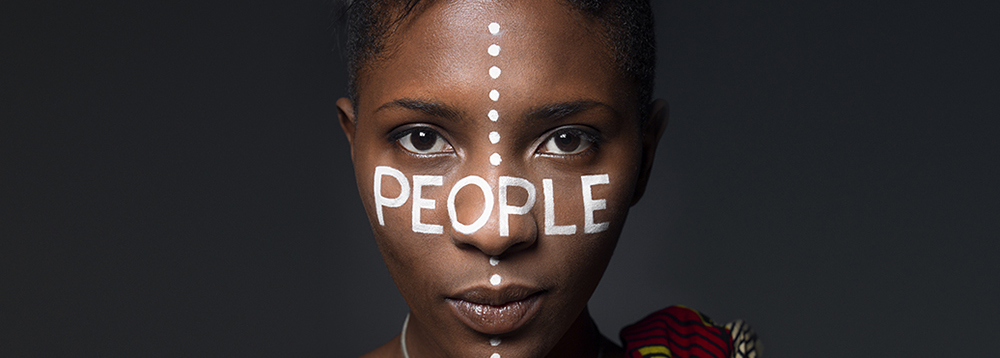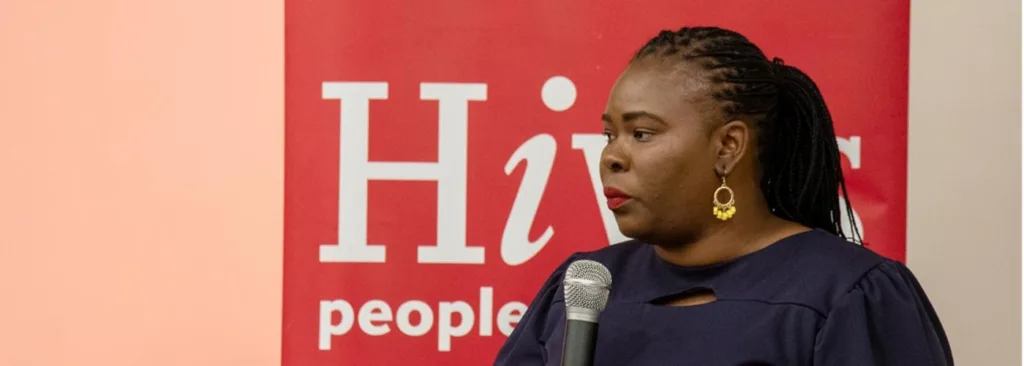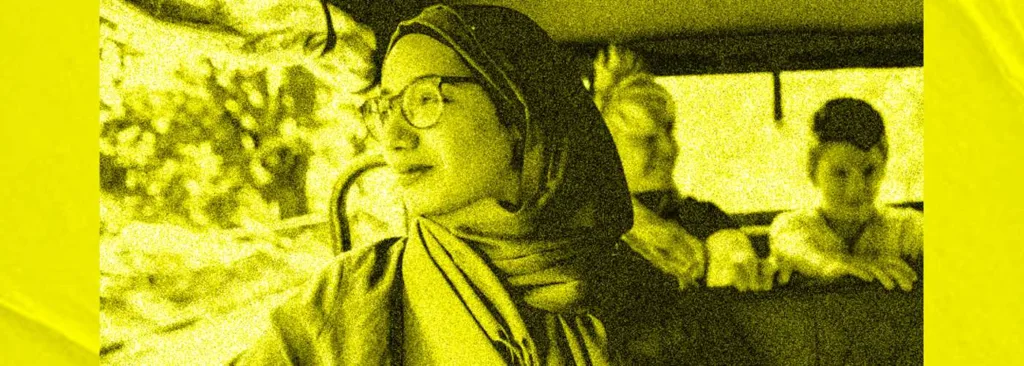In normal times, the World Press Freedom Day (WPFD) celebrations would have been held on May 3 then COVID-19 happened. Though the WPFD celebrations (through a conference) have been moved to October 18- 20 2020, this year’s theme hasn’t changed.
The focus still remains taking action to secure independent journalism. There is a feeling amongst stakeholders that perhaps, the theme should have been repurposed to solely focus on media’s survival post COVID-19. There are serious concerns that media and journalism at large, if it survives COVID-19, might never be the same again.
The media’s role during pandemics
Media’s role in the society especially during this pandemic cannot be overemphasised. As a watchdog, the media provides reliable, factual and practical information that helps the society understand what’s going on. In an ‘infodemic’ situation such as COVID-19 where the social media is awash with misinformation and disinformation, reliable information from trustworthy sources is essential. This could be the reason why the media in Kenya have been classified as essential services providers. In France, newspaper vendors are equally ‘an essential business’ that has been allowed to operate amid shutdowns. Despite previous run-ins with the government, it is now clear that journalists and media actors carry out important work that serves the public good. But this important work has always been under threat from different quarters.
The question of the media’s survival , post COVID-19 era, however, remains a critical question. For a long time the media’s business model had been dependent on advertising. Unfortunately advertising revenues (especially from the government) have been on a free-fall. This is not just a Kenyan situation but increasingly a global phenomenon. Article 19, a non-governmental organisation that promotes freedom of expression, notes in its report ‘softly captured’ that the waning commercial advertisement and the channeling of government advertisement in Kenya through the Government Advertising Agency (GAA) has contributed to soft censorship. This is having a debilitating effect on the operations and sustainability of independent media; leading to co-option of weak and isolation of independent voices within the media. When ‘chasing’ government advertisement, the media have to contend with competition from digital platforms (Facebook, Google, and Twitter) that have gobbled up digital advertising hence shaving-off a potential source of revenue.
Fighting for survival
Amidst dwindling revenues, the media has attempted to reinvent and strengthen its business models, income streams and sustainability models with a large focus on digitisation and convergence. Significant numbers of jobs have been lost in cost-cutting measures. Competition for audiences with click-bait journalism has also seen a significant shift of some audiences to the social media. We have seen media houses attempting to keep up the pace by diversifying their offerings and revamping their digital and online presence.
It has been survival for the fittest.; until COVID-19 came knocking.
For an industry that was barely surviving, COVID-19 might be the last nail on its coffin if urgent measures are not taken to keep the industry alive. COVID-19 has seen an economic shut-down with businesses scaling down their operations if not shutting down altogether. In the process the advertising spend has gone down as business wait-out the pandemic. The few coins that were trickling to the industry’s coffers are fast drying out. The reaction to the drop in advertising has been swift. Media outlets have largely responded by asking employees to take pay-cuts and unpaid leaves. Others have cut down the number of pages in newspapers. Very soon we will start witnessing closure of media outlets, especially the small sized media outlets in our counties and at the community level. And this should concern us since it poses and existential threat to media’s survival.
Independent media under siege
Media pluralism is a key plank in an independent media system. It provides diversity of voices and opinions. Despite the many challenges and weaknesses that our media face, their diversity helps us access accurate and verifiable information. Can you imagine the closure of local language stations, faith based stations and community radio stations, which reach sections of the society that mainstream media don’t?
The continued laying-off of journalists and media workers in an effort to make media businesses viable is in the long-run detrimental to the progress made thus far, in securing a free, independent media that plays a critical role in promoting the rights, freedoms and knowledge of citizens. It robs the industry of a reliable and skilled workforce that has taken a long time to develop. The absence of such skilled journalists and media workers certainly affects the quality of content produced. We largely consume media because we trust that the content has been professionally developed. That’s why despite having similar content on social media, we still rely on mainstream media to validate the same. What would happen if this trust in media dissipated on account of ‘unreliable and untrustworthy’ content?
Media needs to survive
If the media were to fold today, would we miss them? If the media are an essential public good in a democracy should their survival be our business? If the answer to the above is yes, then we need to think of how to sustain the media business beyond pay-cuts and lay-offs.
Some urgent measures include the government prioritising settling of dues owed to media houses. The government should advertise directly in media houses especially at the county level as a way of supporting the media outlets at risk of closing down. This could be in support of COVID-19 coverage. The digital platforms (Google and Facebook) have already established funds to support the media industry. Perhaps this would be a good time to initiate discussions on how profits made by these platforms from media content can be ploughed back to support the media industry. This is a good time for the Media Council of Kenya (MCK) to revive talks on the establishment of a media sustainability fund. Perhaps we should be asking, if media are a public good, what business model will make them viable?




